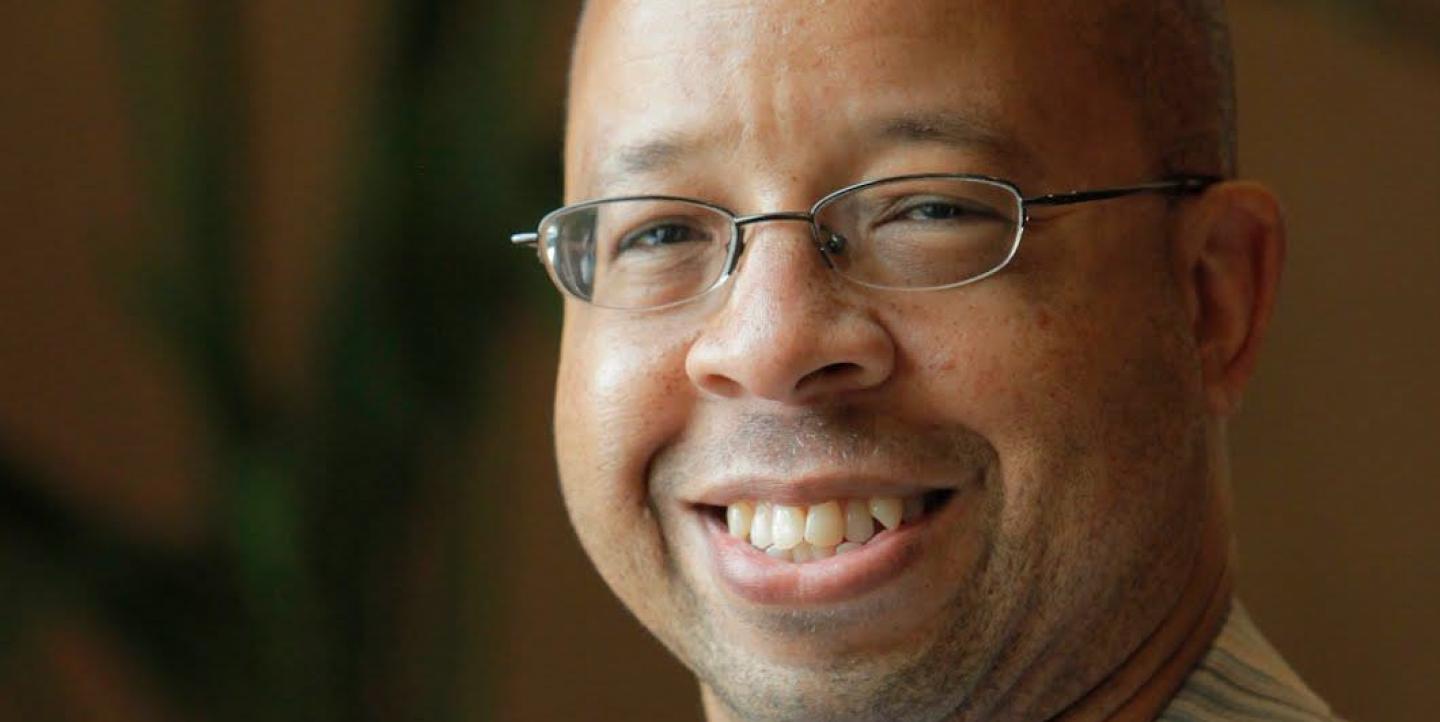In the current media environment, it is essential that journalists know how to “connect, communicate and create,” says Doug Mitchell, a consultant and project manager for National Public Radio in Washington.
Mitchell offered his advice during a recent Poynter chat about the skills and mindset that today’s journalists--whether newbies or veterans--need if they want to flourish in the digital age.
Here are IJNet's takeaways from the chat:
Build a community and engage with it regularly. It’s crucial to tap into a network that shares your interests and keep that community engaged on the platforms you use to distribute content. Have regular conversations (every day if possible). Through continuous engagement, you will notice story ideas, or at the very least learn about what stories your community is working on and how they might feed into your own work. You should feel you can ask your community for things you need, such as help with checking facts and finding sources. Twitter is a great place to start.
Use online tools to organize yourself. Use an online calendar and reminders to stay on top of a busy schedule. Sync phone contacts with your calendar. Access documents online, from any computer or on your smartphone. The possibilities are endless, and online tools exist for just about anything these days. Mitchell uses Google tools almost exclusively, but there are legions of tools. Explore them and find out what works best for you.
Never stop learning. If you are a journalist, you are likely a curious person by nature. So seek opportunities to learn new aspects of content creation or a new tool. Not only will this feed your curiosity, it will make you adaptable and marketable. If you work in a newsroom, don’t wait for the organization to send you out for training; seek learning opportunities on your own time. There are multitudes of free or inexpensive online resources and opportunities, including YouTube. “I don't think you can know enough,” Mitchell says.
Have an online portfolio. Whether you're a student or a seasoned reporter looking for a new gig, one thing you must have is an online portfolio where anyone can find out about you and your work. LinkedIn is a good place to start, but there are other free tools to explore. Keep your portfolio updated.
Know when to take the conversation offline. Digital tools and social media have revolutionized journalism, but the best journalism still often requires in-person digging. If you're a freelancer, you will probably have to meet editors and decision makers face-to-face to create a relationship. And remember that old-fashioned device that dials and calls people--the telephone? When fact checking, Mitchell recommends checking and re-checking online and then using the phone to confirm important details with sources close to a news story.
You can read the full chat transcript here.
Image: Doug Mitchell, consultant and project manager at National Public Radio in Washington, D.C. Courtesy of Doug Mitchell.
Poynter Online, IJNet’s partner and the website of the Poynter Institute, is a school serving journalism and democracy for more than 35 years. Poynter offers news and training that fits any schedule, with individual coaching, in-person seminars, online courses, webinars and more.


